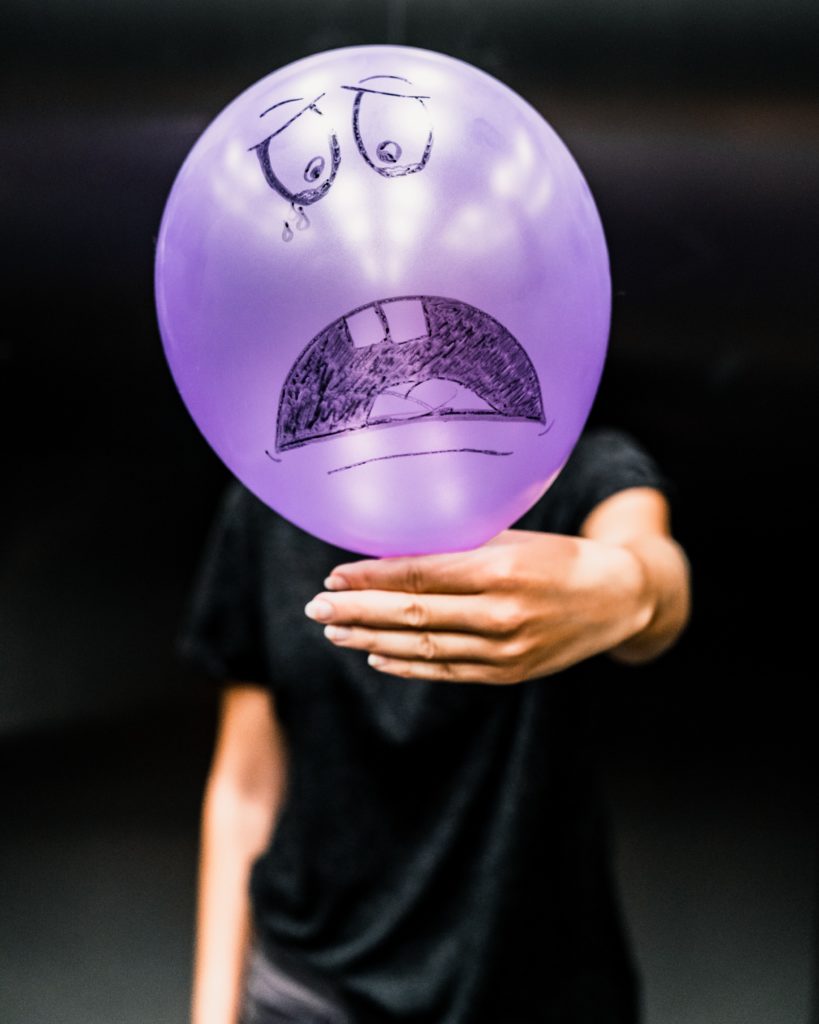
The other day, a writer friend, brilliant, creative and multiple award-winning, complained about the impossible. She said she often felt like an imposter.
I didn’t have to ask how that could be. You’re not alone, I told her. I’m uncomfortably aware of the syndrome, having suffered from it basically every time I start a new piece of writing–“This is the day,” a voice in my head declares with conviction, “they found out you’re a fake.”–and encountering it more times than I can count in five decades as a writer, and more than a quarter-century teaching and coaching writers.
Even so, I was taken aback when I decided to research the topic and was shocked, and strangely, comforted, when I learned that feeling like a fraud was common among high-performing and highly successful people. It was time, I decided to revisit and flesh out the topic, which I initially posted when this newsletter was in its infancy. If you’ve ever felt like an imposter, I hope it helps.
“I have a crisis around every single story I write — that I’ve lost an ability, that I’m just flailing this time.”
That’s Taffy Brodesser-Akner talking.
She’s a writer whose angst might surprise you. Before she joined The New York Times Magazine as a staff writer, Columbia Journalism Review “called her one of the nation’s most successful freelance writers,” including simultaneous gigs at the Times Magazine and GQ. Oh, and she’s also the author of a best-selling debut novel, “Fleishman Is In Trouble.”
So how could someone this successful feel this way?
Psychologists have a name for this affliction: imposter, or fraud, syndrome. In 1978, psychologists Pauline Rose Clance and Suzanne Imes coined the term to “describe an experience of feeling incompetent and of having deceived others about one’s abilities.”
The paradox of imposter syndrome is that it often targets high achieving success stories. Writers like Brodesser-Akner and Neil Gaiman, astronauts (Neil Armstrong), actors (Tom Hanks), and First Ladies (Michelle Obama).
It may be hard to feel sorry for them. When’s the last time you set foot on the moon? Walked the red carpet? Lived in the White House. Stop whining.
But consider this: every time they succeed, they’re terrified whether they can do it again and if not, will be exposed to the world as the frauds they’re convinced they are.
“There comes a point when you think, ‘How did I get here? When are they going to discover that I am, in fact, a fraud and take everything away from me.'”
TOM HANKS
Sound familiar?
It should because imposters don’t have to be mega-stars. Imposter syndrome targets everyone from the neophyte struggling with their first stories, to the consummate pro with credits to die for.
I think of it as the “Who am I?” syndrome that pesters all of us \with doubts about our worth or abilities.
If Neil Armstrong felt like an imposter, maybe everyone did.
NEIL GAIMAN
“Who are you to think you can write a novel or a narrative series or a screenplay,” the inner critic hisses. “You’ve never written one. You never went to journalism school or have an MFA in Creative Writing. Just who the hell do you think you are, you charlatan?”
Right about then, your fingers stop typing.
Here’s the thing, though.
Learning that wildly successful people often feel like great pretenders can be very liberating. If they can feel this way sometimes, maybe, I tell myself, I’m not such a loser after all.
All of us at one point or another — every day perhaps, every story, every draft or revision — may face that moment that we’re convinced we are a failure and today is the day “they” (whoever “they” are) will find out.
To succeed, you have to push back against the cries of ‘imposter” that ring in your head when you start a story, or face the fifth revision. They can drown out creativity, stifle optimism and stop a promising project in its tracks.
Years ago, I had an idea for a book. I did a lot of work on it, but eventually, I lost faith in it and myself. You’ll never get it done, I told myself. And even if you do no publisher will want it. So I quit. Years later, all I feel is regret. That’s the curse of imposter syndrome.
“I have written 11 books but each time I think, “Uh-oh, they’re going to find out now. I’ve run a game on everybody, and they’re going to find me out.'”
MAYA ANGELOU
If that’s the penalty, what’s the reprieve? What can a successful “imposter” teach those of us who may not cash the same paychecks but have the same creative dreams and the same emotional misgivings?
What works for Taffy Brodesser-Akner is something she acknowledged to her New York Times interviewer “will sound nuts.”
“When I was in film school in the 90s, we talked a lot about the hero on his (always his) journey, in the face of adversity. I learned how to write a very fatuous script about what a person does in moments of great stress. I think if you look at every single moment of adversity or self-doubt in your life and imagine yourself as the hero of a 90s movie — a thriller, a rom-com, a satire, whatever — it’s easy to answer the question: What does the hero do next? You figure that out and do it. It always amounts to the same thing, which is to rise up and do the hard thing anyway.”
I wish I had that mantra sounding in my head when I hit a wall on that book project. But it’s never too late. Even if you do feel like a fraud sometimes, that advice may be just what you need to combat imposter syndrome.
So join the flock of frauds out there (Pssst. Most of us feel this way sometimes) and prove yourself wrong.
Standing behind the mask of every imposter is a hero.
CRAFT QUERY: How do you “rise up and do the hard thing anyway?”
May the writing go well.

Photograph by Niklas Kikl courtesy of unsplash.com